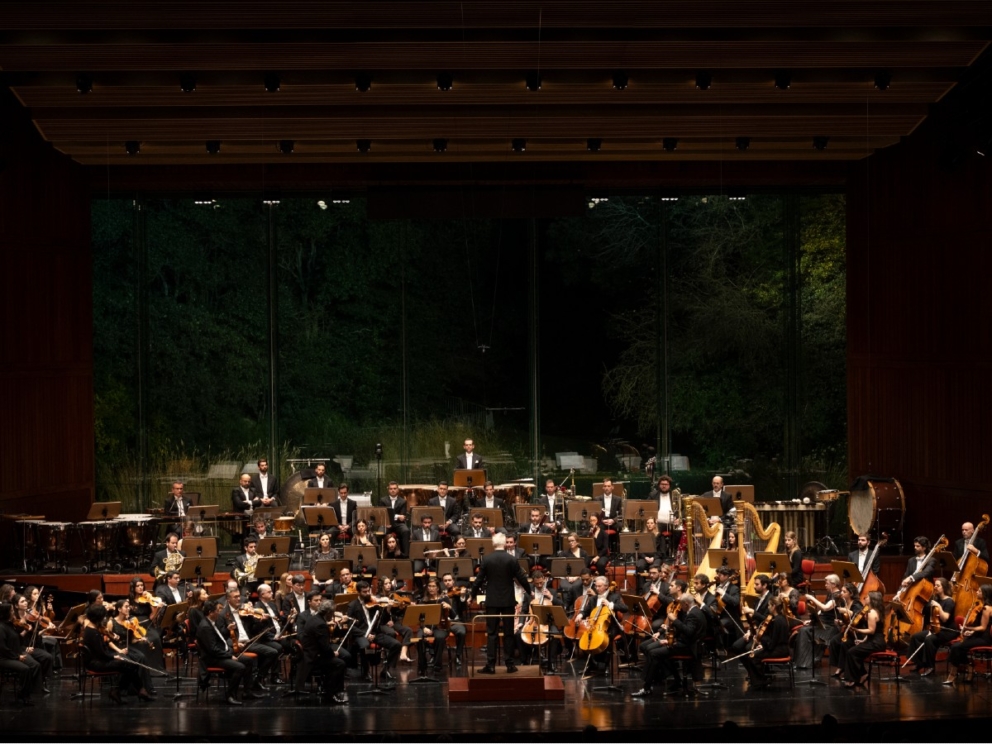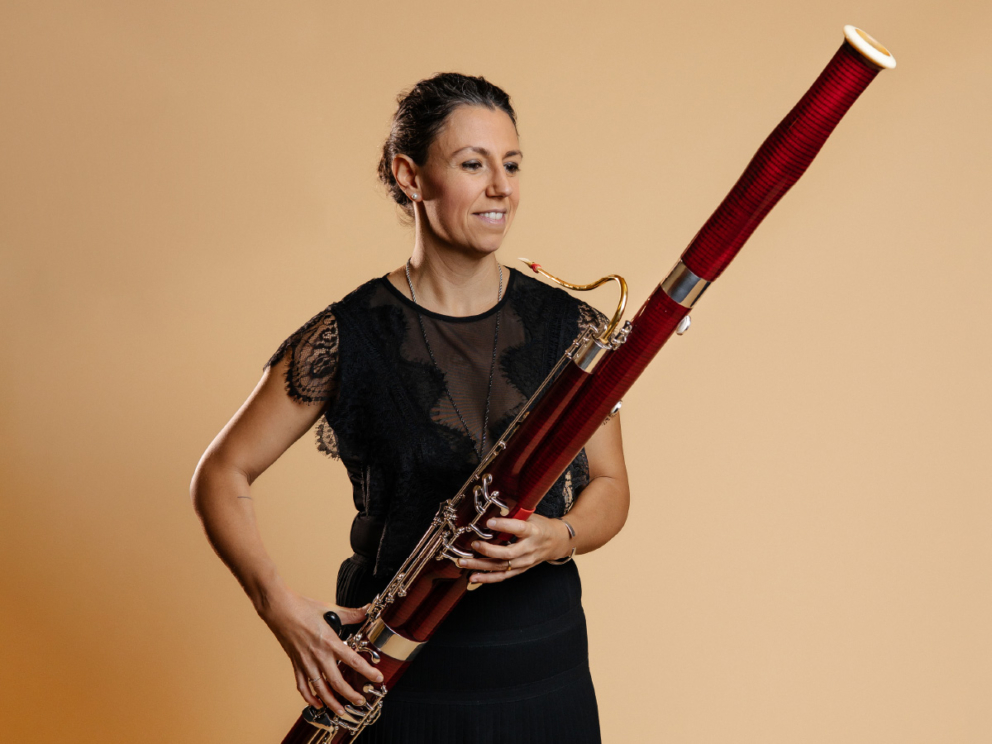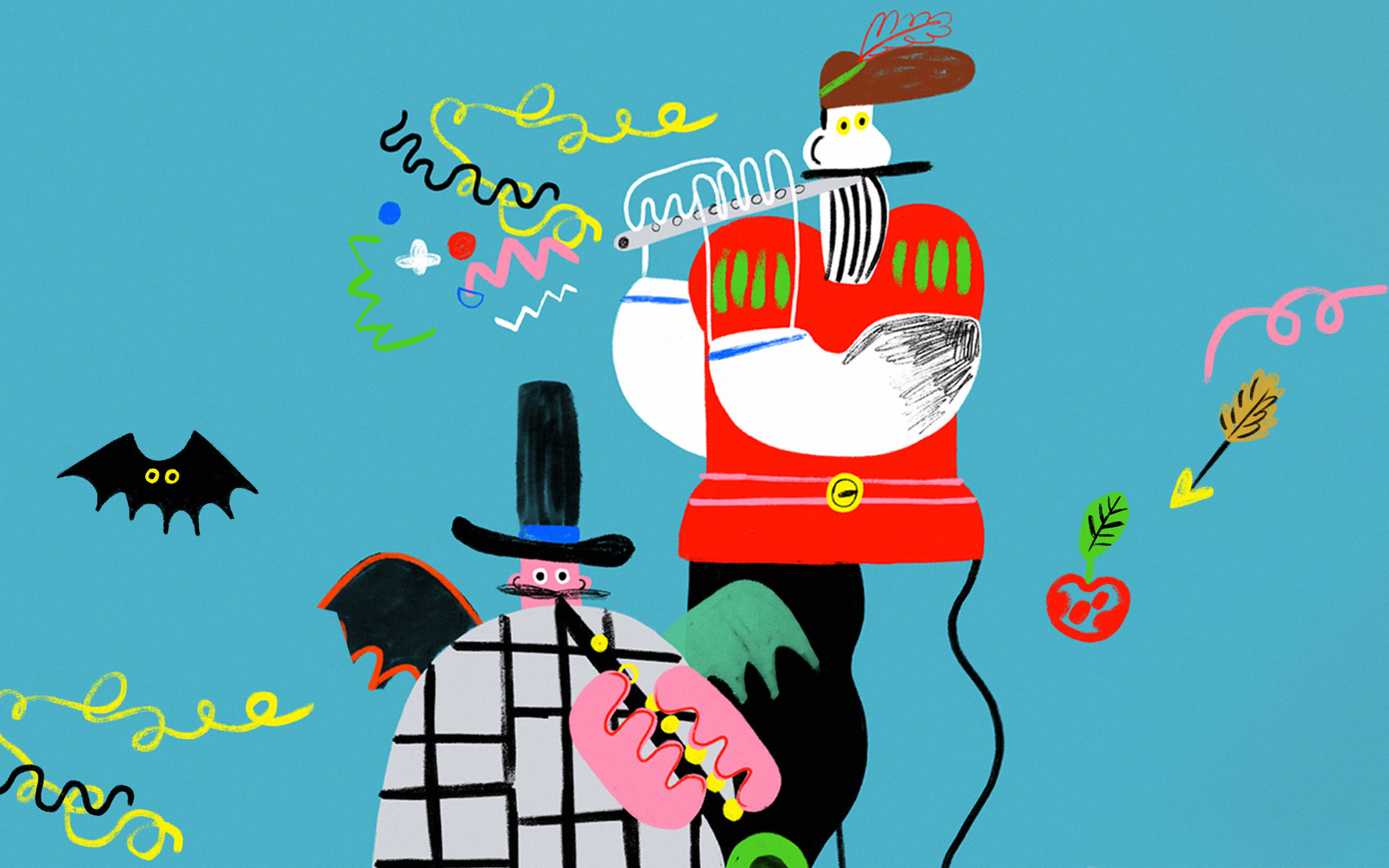Opera overtures
Sunday Concerts
Event Slider
Date
- / Cancelled / Sold out
Location
Grand Auditorium Calouste Gulbenkian Foundation- Pedro Neves
- Commentary
-

Gulbenkian Orchestra
In 1962, the Calouste Gulbenkian Foundation decided to establish a permanent orchestral ensemble. Originally with only twelve musicians (strings and continuo) it was named “Orquestra de Câmara Gulbenkian”. This collective was successively enlarged and today the “Orquestra Gulbenkian” (the name it has adopted since 1971) has a permanent body of sixty instrumentalists, a number that can be expanded depending on the repertoire.
This structure allows the Gulbenkian Orchestra to interpret works from the Baroque and Classical periods, a significant part of 19th century orchestral literature and much of the music of the 20th century, including works belonging to the current repertoire of the traditional symphonic orchestras. In each season, the orchestra performs on a regular series of concerts at the Gulbenkian Grand Auditorium in Lisbon, where it has had the opportunity of working together with some of leading names of the world of music (conductors and soloists). It has also performed on numerous locations all over Portugal, in an effort to decentralize music and culture.
The orchestra has been constantly expanding its activities in the international level, performing in Europe, Asia Africa, and the Americas. In the recording field, Orquestra Gulbenkian is associated to labels as Philips, Deutsche Grammophon, Hyperion, Teldec, Erato, Adès, Nimbus, Lyrinx, Naïve and Pentatone, among others, and this activity was recognized with several international prizes.
-

Vera Dias
Bassoon
Vera Dias was born in Guimarães. She started at the Escola Profissional Artística do Vale do Ave at the age of twelve, where she began her musical studies learning bassoon with Jesus Coelho. Later, she studied with Paulo Martins, with whom she finished the Wind Instrumentalists Course, winning the Dr Manuela Carvalho Prize. At the age of eighteen she was admitted to the Staatliche Hochschule für Musik - Karlsruhe, studying bassoon with Günter Pfitzenmaier. She graduated in 2008 from Escola Superior de Música.
She has played with the Orquestra Portuguesa das Escolas de Música, the Orquestra Aproarte, the Orquestra Sinfónica Portuguesa, the Staatliche Hochschule für Musik - Karlsruhe Chamber Orchestra, the Pforzheim Chamber Orchestra and the Stuttgart Chamber Orchestra, and has given concerts throughout Europe and the East.
In 2003 and 2004, she was selected to join the European Union Youth Orchestra summer school, which she attended only in 2004. In 2003 she declined that opportunity to be able to compete for the Young Musicians Prize, in which she received 1st Prize in the Bassoon category. In 2004, she won 2nd Prize in the Landespolizei competition, in Karlsruhe.
She had a scholarship from the Calouste Gulbenkian Foundation from 2003 to 2006. She has been 1st Assistant Soloist with the Gulbenkian Orchestra since September 2006.
Giuseppe Verdi
Nabucco – Overture
Giacomo Puccini
Manon Lescaut: Intermezzo from act III
Richard Wagner
Tannhäuser – Overture
Gioachino Rossini
Guillaume Tell – Overture
* Due to reasons of force majeure, conductor Nuno Coelho will be replaced by Pedro Neves.
Shortly before composing Tannhäuser, Richard Wagner observed that an opera overture “should contain the general spirit of action without undue use of the musical means, and lead it towards a solution that corresponds intelligently to that of the drama”. The overture should, therefore, present the general outlines and introduce the whole narrative that follows, as Wagner did with Tannhäuser, exploring from the start the opposing forces inspired by the medieval legend. In this programme, the Gulbenkian Orchestra will perform some of the most iconic overtures in the operatic repertoire, created by five of the most famous composers in the genre’s history.
The Calouste Gulbenkian Foundation reserves the right to collect and keep records of images, sounds and voice for the diffusion and preservation of the memory of its cultural and artistic activity. For further information, please contact us through the Information Request form.
